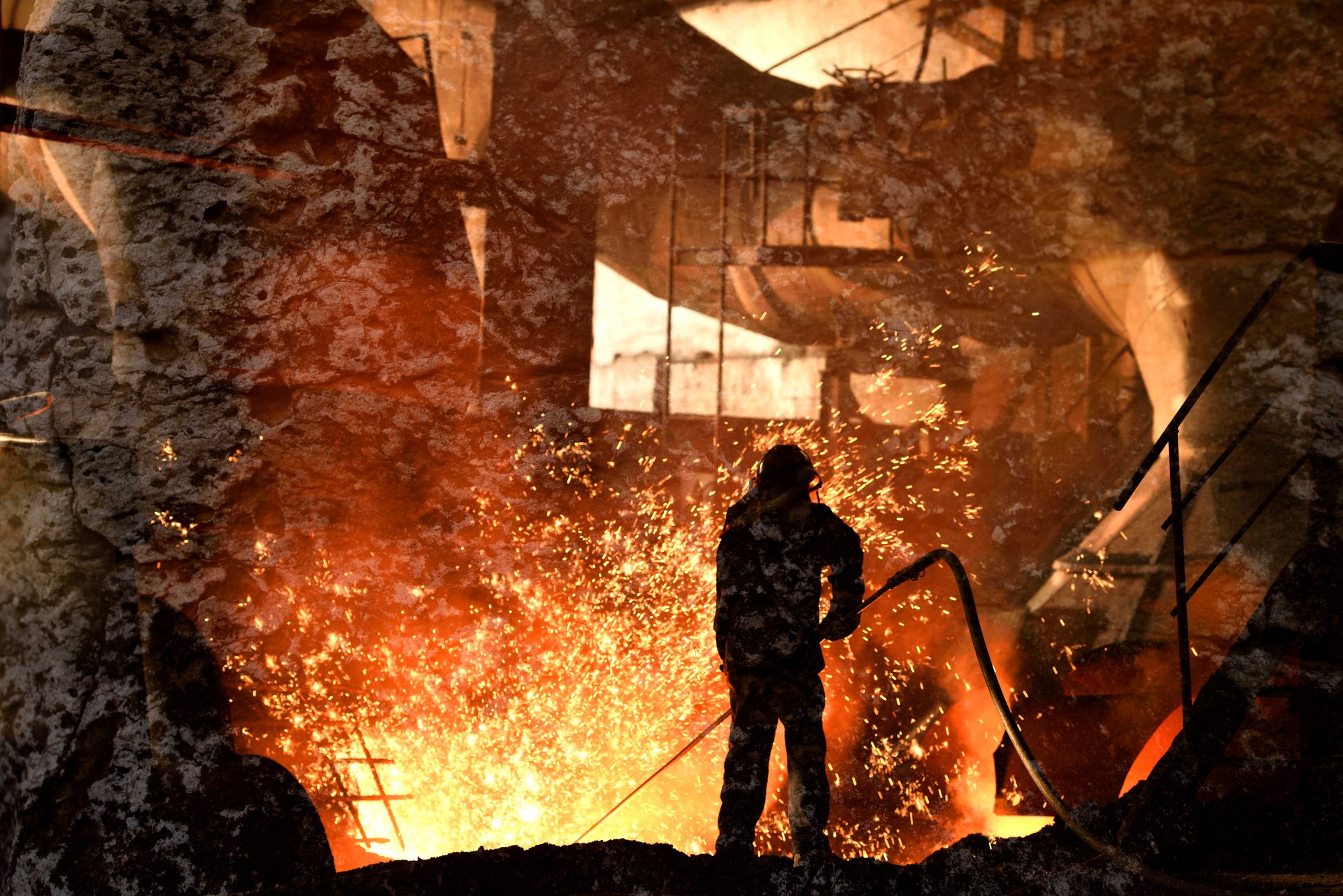Here's where you can expect to feel the cost of tariffs, from cars to soda cans
Economists and experts warn of downstream effects from Trump's new steel and aluminum tariffs

Suggested Reading

President Donald Trump on Monday slapped a 25% tariff on all steel and aluminum imports into the United States with no exceptions or exemptions.
Related Content
“This is a big deal — making America rich again,” Trump said in announcing the tariffs.
But some economists and experts aren’t convinced the tariffs won’t impose pain instead.
“It could still be a shocking jolt for people from all walks of life, from aerospace executives looking at engine parts to families at the hardware or grocery store for products like soda in cans that are mostly made of aluminum,” said Simon D. Kim, CEO and founder of Glassdome, a manufacturing data company.
Kim pointed out that even many items that are “Made in the U.S.A.” aren’t fully made in the U.S.A., which means even seemingly “safe” items could also be impacted. Many products are finished in the U.S.A. but are made with components and materials from other countries.
Cars have been in the news for this a lot recently, with the classic example being Mexican-made components built from Chinese materials put together in an American factory. In the long run, cars could get more expensive.
According to Kim, it is these products that Americans will feel the pinch the hardest:
- Appliances: From mixers to washing machines, they’re all steel and aluminum-intensive products by nature.
- Cars and auto parts: They’re getting hit from all sides, as they’re made from tariffed metals, and many of them come from Canada and Mexico. Cars have an average of 2,500 to 3,000 pounds of steel and aluminum in them.
- Canned food and drinks: The aluminum will cost more — and while soda manufacturers might be able to move to using more plastic, many canned foods must be in metal.
- Recreational goods: The impact will hit enjoyment of the great outdoors: folding chairs, outdoor furniture, metal drinkware, and golf clubs.
Jonathan Colehower, managing director of global operations at business advisory firm UST, also thinks Main Street will feel the tariffs. “Unfortunately, we have seen this movie before and it does not end well,” he said.
Colehower wouldn’t be surprised to see steel prices spike similar to how they did after the 2018 tariff increases. “The direct impact on steel and aluminum resulted in a production slump that impacted approximately 120,000 workers,” Colehower said, citing the Bureau of Labor Statistics.
He added that some sectors will experience instant pain. “The beverage and houseware sectors will be hit hard and pass the cost on to the consumer immediately,” he said, also citing household furniture, bicycles, and farm equipment as being vulnerable. Essentially he said, any industry connected to steel or aluminum will ultimately be vulnerable — and working families will feel it.
“There will be real consequences,” Colehower said.
